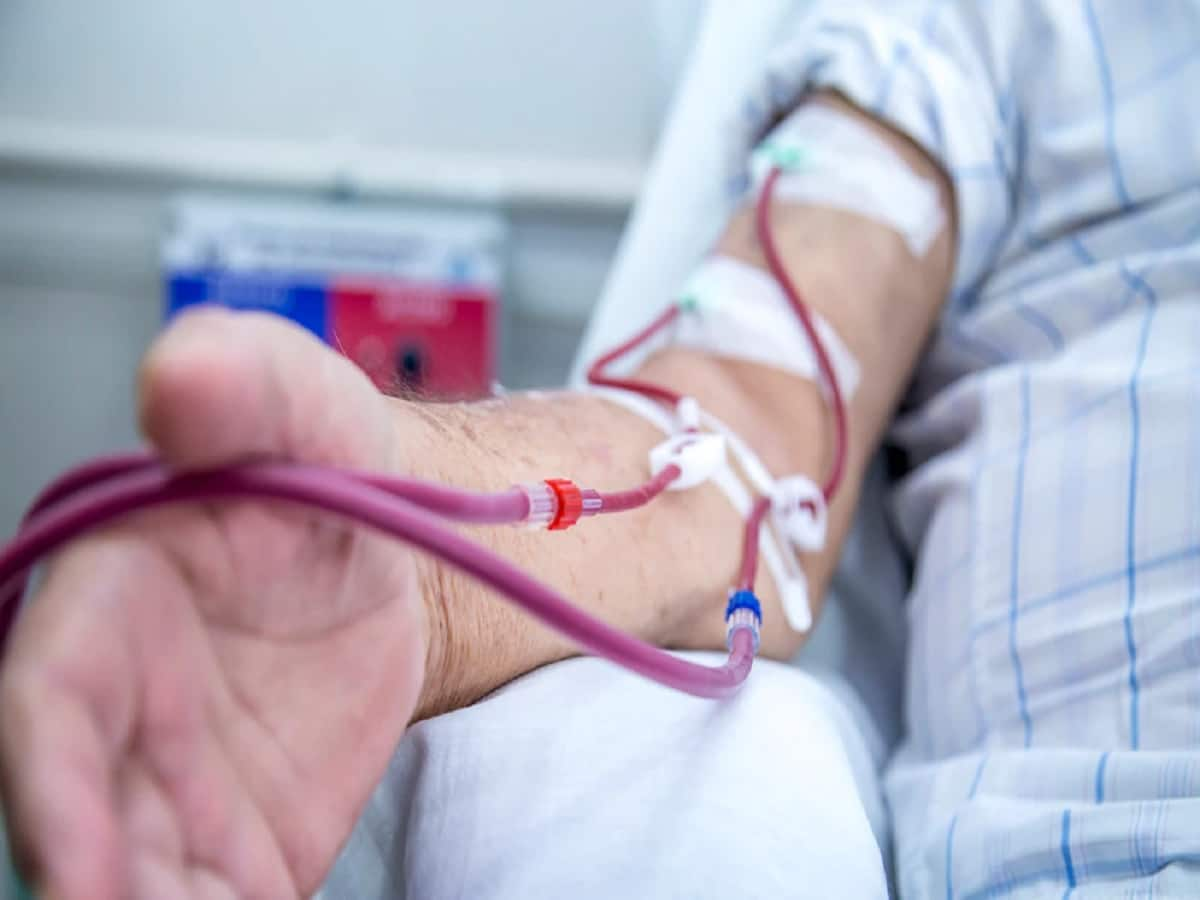Let’s look at 10 reasons why young people are developing stroke in recent times – The perception of stroke as solely a concern for the elderly is rapidly fading. While it’s true that age remains a significant risk factor, a concerning trend is emerging: young adults are experiencing strokes at an alarming rate. This shift demands our attention, prompting questions such as ” What’s putting young people at such risk for this devastating condition? Below are the reasons Sound Health and Lasting Wealth gathered.
10 reasons young people are developing stroke
1. Obesity: Carrying excess weight strains your entire cardiovascular system, including the delicate vessels supplying your brain. This chronic stress can lead to high blood pressure, atherosclerosis (plaque buildup in arteries), and other conditions that significantly elevate stroke risk.
2. High Blood Pressure: When blood pressure remains consistently elevated, it wreaks havoc on your body’s vascular network, including those in the brain. This damage makes it more likely for blood clots to form or arteries to rupture, both potential triggers for stroke.
3. Diabetes: This chronic condition damages blood vessels and nerves throughout your body, including those in the brain. This multi-faceted assault increases stroke risk in several ways, such as by promoting blood clot formation and hindering blood flow.
4. Atherosclerosis: Imagine your arteries as essential pipelines delivering vital oxygen and nutrients to your brain. Atherosclerosis disrupts this flow by accumulating plaque, a sticky mix of cholesterol, fat, and other substances. Over time, this buildup narrows the arteries, restricting blood flow to the brain and raising stroke risk.
5. Family History: Genetics play a role in stroke susceptibility. If stroke runs in your family, your risk is inherently higher. This likely stems from a combination of inherited genes and shared environmental factors like lifestyle habits.
6. Patent Foramen Ovale (PFO): This is a small opening in the heart that typically closes shortly after birth. However, for some individuals, the PFO remains open. This increases stroke risk, especially if combined with other factors like migraine headaches or scuba diving.
7. Clotting Disorders: Certain medical conditions predispose individuals to forming blood clots more readily. These clots can travel to the brain and block blood flow, leading to stroke.
8. Dissection of Blood Vessels: Imagine a tear or split developing in the wall of a blood vessel. This is precisely what happens in blood vessel dissection. The tear can cause blood to leak into the vessel wall or obstruct blood flow altogether. Dissection in the neck arteries, for instance, can significantly increase stroke risk.
9. Unhealthy Lifestyle Choices: Smoking, excessive alcohol consumption, and a diet heavy in unhealthy fats and processed foods are detrimental allies of stroke. These behaviors damage blood vessels, elevate blood pressure, and promote blood clot formation, creating a perfect storm for stroke.
10. Abnormal Heart Structures: Some individuals are born with heart defects that inherently raise stroke risk. Examples include a hole in the heart wall (septal defect) or an abnormal heart valve, both of which can allow blood clots to reach the brain.
Remember, having one or more of these risk factors doesn’t guarantee a stroke. However, understanding and addressing them proactively is the most effective way to safeguard your brain health and prevent stroke. By adopting healthy lifestyle habits, managing underlying conditions, and maintaining regular checkups with your doctor, you can significantly reduce your stroke risk and live a long, healthy life.
Additional sources:
ALSO READ: What Is Ischemic Cholecystitis? Causes, Symptoms, Risks, Diagnosis & Treatment









